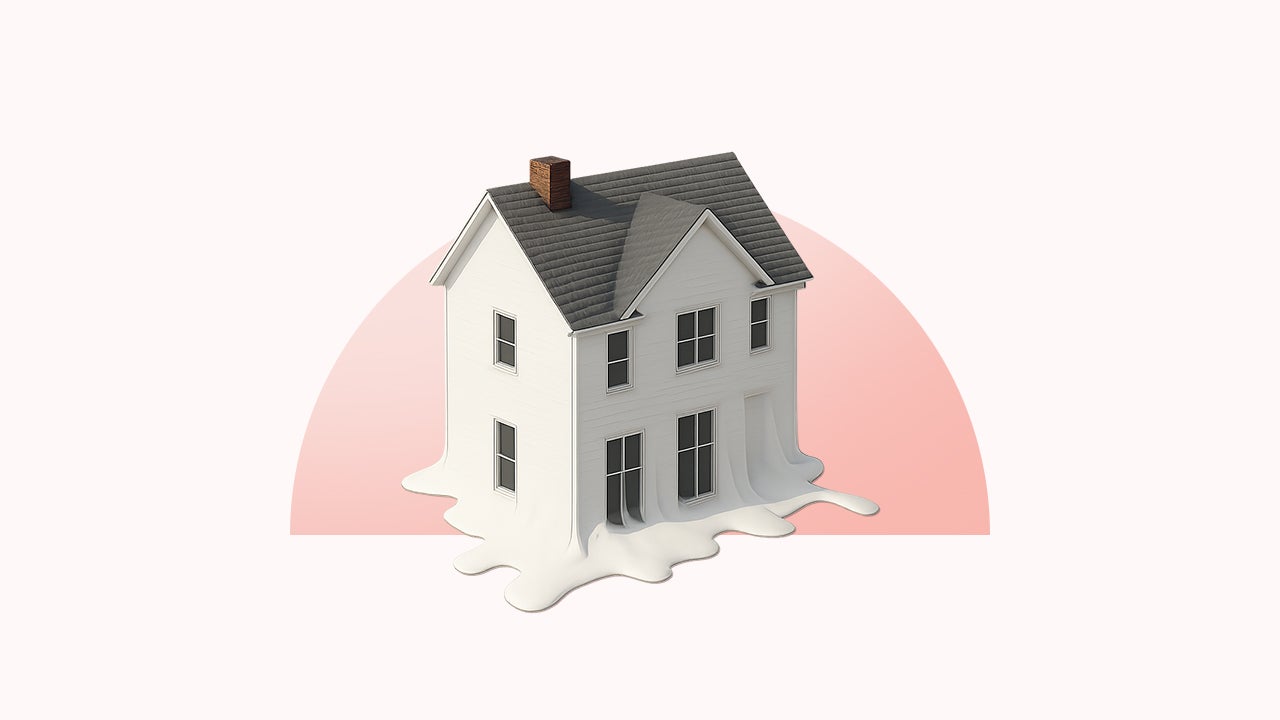After years in which mortgage rates often surged above 7 percent, their recent dip may have some prospective buyers itching to get off the sidelines. Of course, today’s slightly lower rates also come with a spate of political uncertainty and higher odds of a recession. But should you pump the brakes on a home purchase due to the slowing economy? Probably not, housing experts say.
“If you’re financially ready and able to buy, and planning to settle in for more than a year or two, there’s not much point in waiting,” says Rick Sharga, president and CEO of CJ Patrick Company, a market data firm specializing in the mortgage industry. “Home prices continue to rise in most markets, albeit a little more slowly, and mortgage rates aren’t likely to fall meaningfully over the next 12-18 months, so the longer you wait, the more you’ll wind up paying for the home.”
A recession rarely means job loss
“Recession” is an ominous word for both investors and consumers, but it means only a period of declining economic activity. That slowdown can be intense, as it was during the Great Recession and again during the pandemic, but most are less severe.
Chances of a recession have risen, partly because of President Donald Trump’s tariff policies, and partly because the superheated economy of recent years is finally losing steam. Economic growth and hiring have cooled in recent months. In April 2025, J.P. Morgan Research raised its odds of a recession this year to 60 percent, up from 40 percent.
For a homebuyer, the main fear boils down to this: Am I going to lose my job in a recession? The answer: It’s not likely.
For perspective, consider that the national unemployment rate briefly surged past 10 percent during the Great Recession and the pandemic. But during most U.S. recessions, the jobless rate remains in the single digits. In other words, more than 90 percent of Americans keep their jobs.
A generalized fear of a recession shouldn’t change your homebuying plans. But if you have a specific concern about your job security, then it’s smart to tread cautiously.
“If you’re employed in an industry that may be negatively impacted by potential tariffs and trade wars — shipping, or warehousing and distribution, for example — it may be wise to not enter into any long-term financial commitments until you have a better idea on how stable your employment is,” says Sharga.
Personal circumstances should drive homebuying decisions
For most homebuyers, the decision to buy depends not on the broader economy, but on personal factors. Maybe you have a new baby on the way and need more space. Or perhaps you need less space because of a death, a divorce, or children leaving the nest.
“It is a question best addressed at the individual level rather than the economy level,” says Greg McBride, Bankrate’s chief financial analyst.
You’ll also want to consider how long you plan to spend in the home, as well as your financial situation. Buying a house where you’ll live for less than three years might not pay off because of all the costs associated with buying and selling. And, before you buy, your credit score should be in good shape, and you should have some cash set aside for a down payment and for repairs and maintenance.
“We own homes because we get both an investment opportunity and a consumption opportunity,” says Ken H. Johnson, a housing economist at the University of Mississippi. “Now might be the right time to buy if you find the right home to enjoy.”
Home values unlikely to plummet
The effects of recessions vary widely. During the pandemic recession of 2020, home values soared. During the Great Recession, they fell, largely because it was the bursting of a housing bubble that caused the downturn.
While home prices continue to rise nationally, they are falling in some corners of the country. The National Association of Realtors says median sales prices fell in these formerly hot markets from the first quarter of 2024 to the first quarter of 2025:
- Sebastian-Vero Beach, Florida: -8.2 percent
- Punta Gorda, Florida: -6.8 percent
- Boulder, Colorado: -6 percent
- Logan, Utah: -5.8 percent
- St. George, Utah: -5.5 percent
For now, though, the price declines are limited. In much of the nation, demand for homes continues to outpace the supply of properties for sale, and that imbalance keeps home values from falling.
“It seems very unlikely that home prices will dip significantly as they did 16 to 18 years ago,” Johnson says. “The likelihood of a significant housing crash is very small. So, if buying today, you may slightly over- or underpay. However, if you own the home for a significant period of time, you will not notice any real financial difference.”
What if I lose my job while I’m buying?
It’s certainly possible that the worst happens: you get laid off as you’re in the process of buying a house. In that case, it’s likely that your house hunt is over for now. Lenders routinely verify your employment status and income just before approving your mortgage, and if you’ve been laid off, you probably no longer have enough income to qualify.
Homes are so expensive in many parts of the country that even if you’re buying with a partner who has a job — like most homebuyers — you’ll struggle to find something you could afford on two incomes, let alone one.
Of course, the details matter. If you get laid off from a job that pays $50,000 and your spouse keeps a position paying $200,000, then you may still be able to buy. And if you lose one job but quickly find another, you might be able to salvage the loan.
A recession may be a good time to buy
For most homebuyers, fears of a recession shouldn’t affect your decision to buy. In fact, it might be a good time to go home shopping. Many potential buyers are waiting out this period of economic uncertainty, and that can mean less competition, more choices and better deals.
“If you can afford what you’re buying, and you have a stable financial situation,” McBride says, “a recession might be an opportunity.”
Read the full article here















